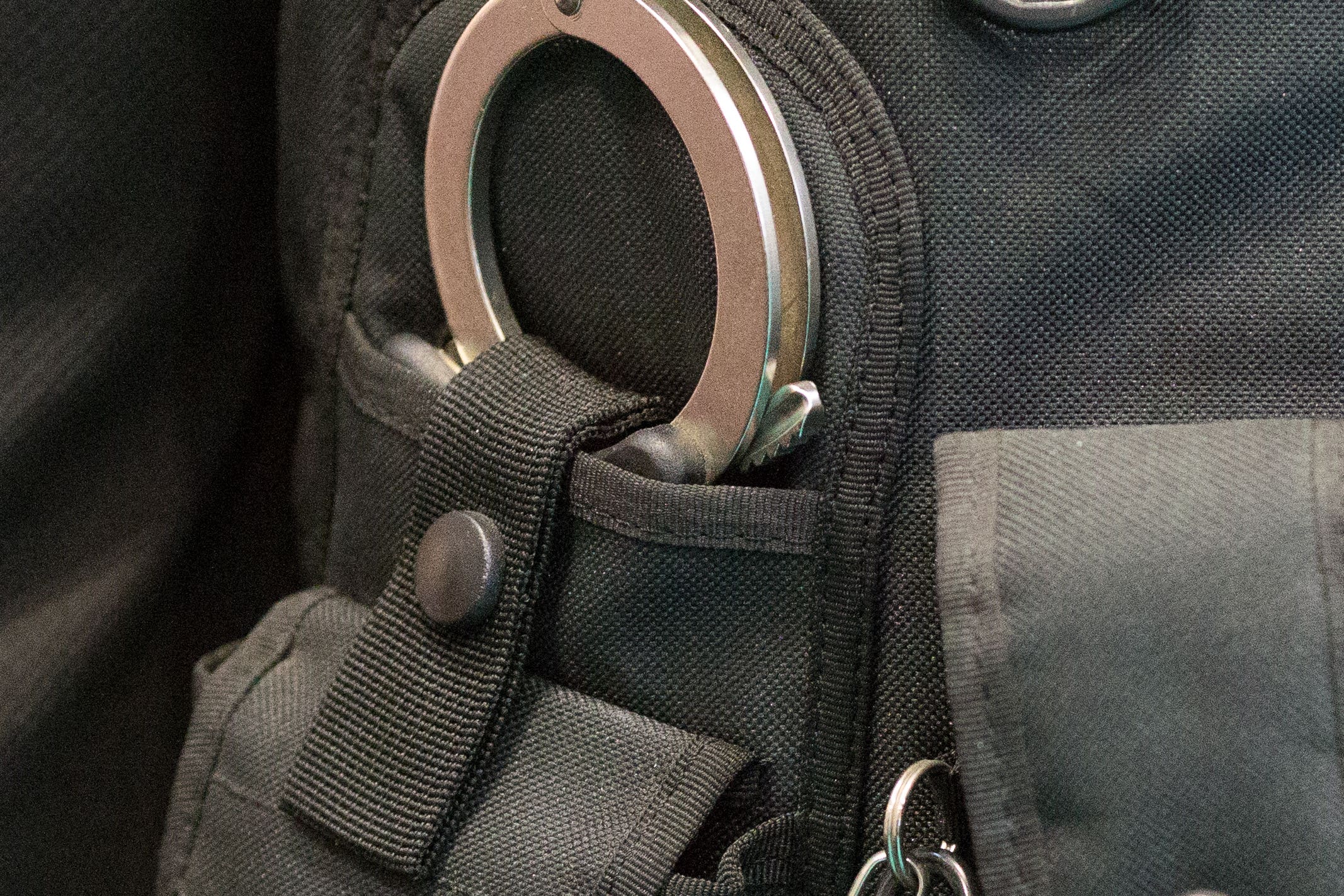Equality laws leave police facing ‘major dilemmas’, watchdog finds
The claim is made in a report on impartiality.

Your support helps us to tell the story
From reproductive rights to climate change to Big Tech, The Independent is on the ground when the story is developing. Whether it's investigating the financials of Elon Musk's pro-Trump PAC or producing our latest documentary, 'The A Word', which shines a light on the American women fighting for reproductive rights, we know how important it is to parse out the facts from the messaging.
At such a critical moment in US history, we need reporters on the ground. Your donation allows us to keep sending journalists to speak to both sides of the story.
The Independent is trusted by Americans across the entire political spectrum. And unlike many other quality news outlets, we choose not to lock Americans out of our reporting and analysis with paywalls. We believe quality journalism should be available to everyone, paid for by those who can afford it.
Your support makes all the difference.Discrimination laws leave police facing “major dilemmas” and having to take action that “may appear to contradict common sense”, a watchdog has found.
His Majesty’s Inspectorate of Constabulary and Fire and Rescue Services said increasingly complicated equality rules mean some contested beliefs have the same legal protection as established protected characteristics.
In a report on impartiality in policing, the watchdog found: “Some of the matters the police have no option but to consider, whether at a national or force level, can present them with major dilemmas.”
It said that under existing rules forces had to at least consider taking measures that could have seen multiple ID cards given to officers and staff who believe in gender fluidity, and policies that would have allowed personnel to search a member of the opposite biological sex.
They also had to look at custody policies that could have ended up with officers and staff observing prisoners of the opposite sex showering or using the toilet.
The report said: “These examples (which to varying degrees were implemented) represent forces’ attempts to navigate issues relating to sex and gender.
“To some observers, they may appear to contradict common sense.”
It called for “urgent clarity” in how equality laws should apply in the real world for police exercising their powers.
Watchdog head Andy Cooke will give a speech to the Police Superintendents’ Association annual conference on Tuesday in which he will say the current rules are “a mess”.
His Majesty’s Chief Inspector of Constabulary and Fire and Rescue Services Mr Cooke will tell delegates that public bodies are struggling to keep up with the list of characteristics protected by the Equality Act 2010.
He will say that the list includes “the holding of gender critical views; opposition to critical race theory; veganism; climate change; and, most recently, a philosophical belief in anti-Zionism.”
“The growing body of case law often results in the police dealing with people who hold widely diverse, challenging and opposing beliefs, all of which are protected in law,” Mr Cooke will tell the audience.
“The police often find themselves stuck in the middle and needing to respect everyone’s right to hold such beliefs, including those which some people may find offensive.”
Mr Cooke will add: “Some of the matters the police have no option but to consider, whether at a national or local level, can present them with major dilemmas.
“One person may state a certain decision should be made to protect their rights, while other observers may believe that decision would contradict common sense.
“Searches of people who are of the opposite biological sex is just one example.
“Striking the right balance is increasingly difficult.
“And it can lead to some members of the public, and parts of the workforce, questioning the impartiality of the police.”
Quoting former minister for women and equalities Kemi Badenoch, he added: “She said: ‘The law is no longer clear. In fact, I would go so far as to say that the law is now a mess because of changing times’. We agree.”
As well as greater clarity in how the Equality Act applies for police, he will call for the Government to update equality guidance for all public bodies, and look at potential changes that could be made to the law.
Police chiefs should also draw up national practical guidance for officers that is reviewed annually, Mr Cooke will say.